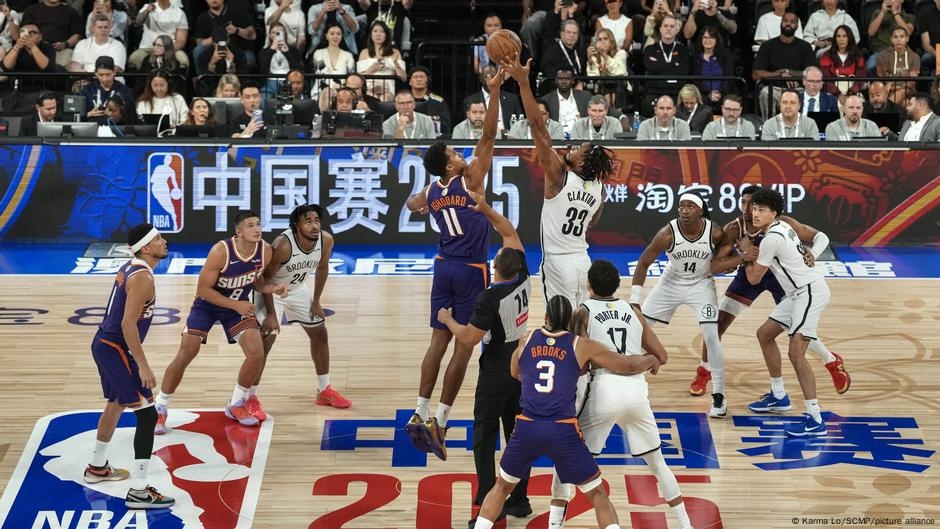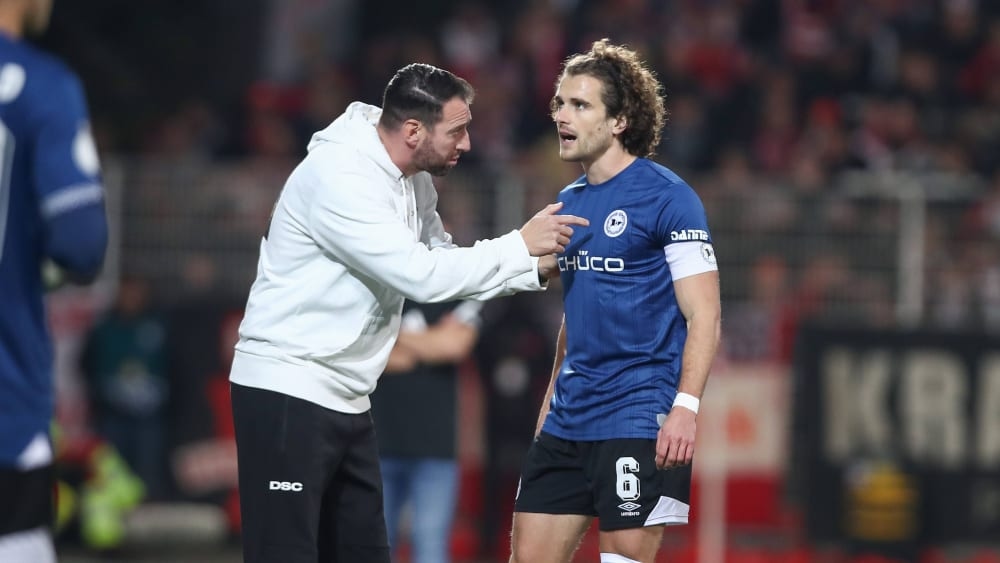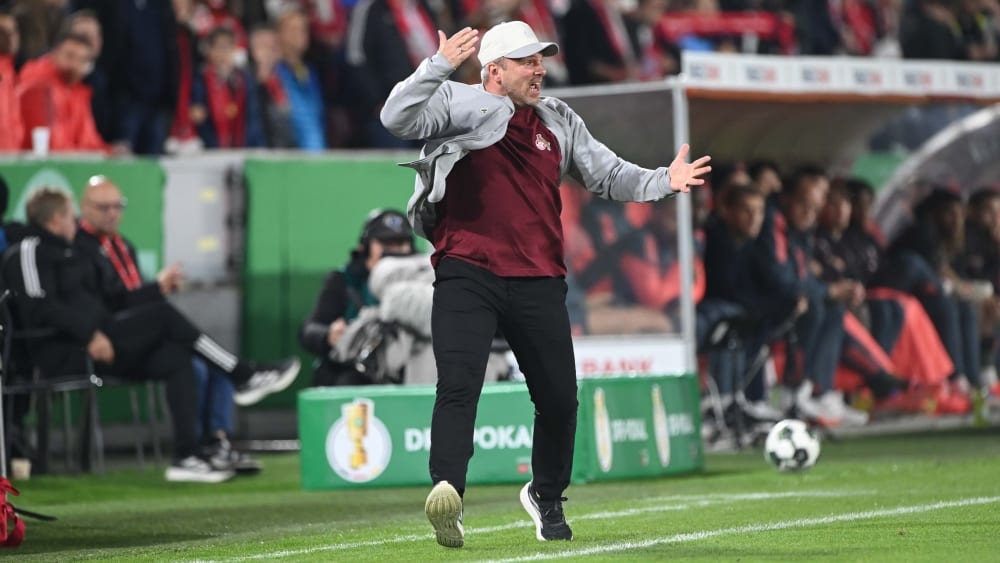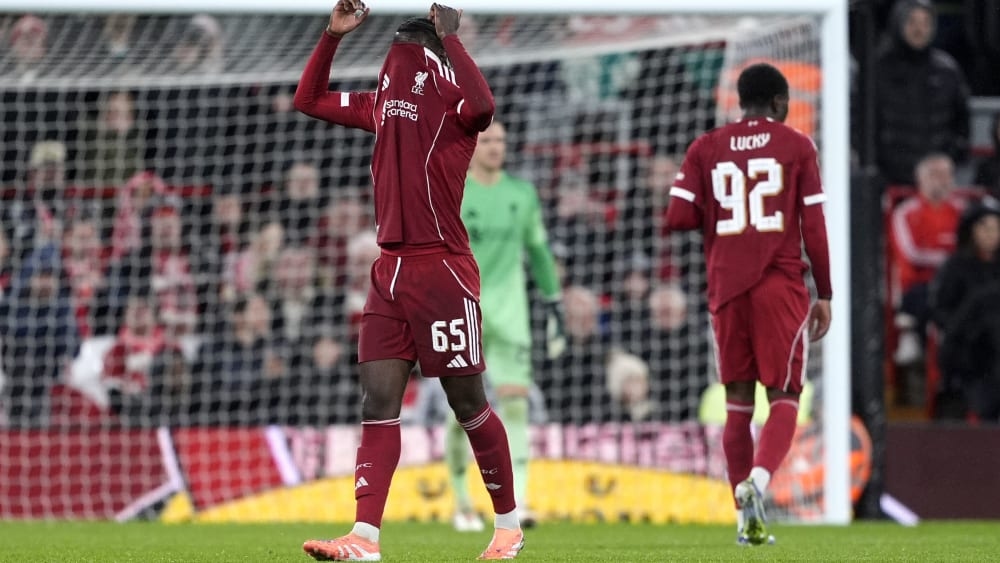NBA successful in China despite the dispute between Trump and Xi?

Despite the ongoing trade war between the world's two largest economies, two US NBA teams - the Brooklyn Nets and the Phoenix Suns - were in Macau, a special administrative region of China, for preseason games in early October.
In the summer, the league returned to Chinese soil after a six-year absence, and some NBA superstars like LeBron James and Stephen Curry toured China for promotional purposes.
The NBA, by far the most important basketball league in the world, had previously been excluded from its largest foreign market.
Division after post on Hong KongIn 2019, Daryl Morey, then General Manager of the Houston Rockets, posted a picture on social media with the slogan "Fight for Freedom, Stand with Hong Kong ." This occurred at a time when pro-democracy protests in the former British colony were reaching their peak.
The NBA subsequently described the remarks as "regrettable," but the reaction in China—with its estimated 450 million basketball fans—was swift and fierce. Television networks refused to continue broadcasting the league, sponsors canceled contracts, and no further exhibition games were held in the country.
In 2022, NBA Commissioner Adam Silver estimated that the boycott had cost the league hundreds of millions of US dollars in revenue.

But now the NBA is back - and although Macau is not part of mainland China, the games there were considered a great success and followed by enthusiastic spectators, so a return to cities like Beijing, Shanghai and Guangzhou does not seem far off.
"The NBA has been very careful and deliberate in its return to China, and the recent games in Macau are a good example of that," Mark Dreyer, author of Sporting Superpower, a book about China's sporting ambitions, told DW.
"They were well received, and although the events of 2019 were certainly more than just a blip, I think the league is on a solid path to rebuilding confidence."
Shared love for basketballThe NBA benefits from the continued popularity of basketball in China. While the country struggles to establish itself as a major power in soccer , many children can be seen shooting hoops in the big cities.
It also helps that China has produced true basketball superstars. Yao Ming from Shanghai played for the Houston Rockets from 2002 to 2011 and was selected to the All-Star team in all eight seasons. In June, Yang Hansen was drafted by the Portland Trail Blazers.

"Basketball has had a very broad base in China from the beginning, and the fans have largely remained loyal to the sport," says Dreyer. "I haven't seen any significant decline in participation or interest, especially since the NBA games have resumed broadcasting after the temporary suspension."
The fans certainly seem happy that the competition is back. "If you love basketball, you love the NBA, and most people I know have still found a way to watch the games," says Zhang Wei, a fan living in Shanghai, who hopes the boycott won't be repeated.
"It's regrettable what happened, but the players and officials should concentrate on the sport and not get involved in things beyond that."
On raw eggsHowever, this always remains a risk. The fact that the NBA's popularity appears to have remained relatively unaffected by the boycott should be welcome news for league officials – but no one can be certain that such an incident won't happen again.
Both sides will be keen to avoid such a situation. Dreyer believes that a renewed conflict is rather unlikely, since all parties involved are now aware of the financial consequences of angering Beijing. Others are less convinced.
"I would say there is a significant risk of a serious PR blunder happening in the future," Bob Pickard, former global communications chief of the Beijing-based Asian Infrastructure Investment Bank, told DW.

Furthermore, Pickard believes a system must be in place to minimize the likelihood of such an event occurring. "This includes things like crisis preparedness and emergency drills, training on cultural sensitivity towards China, media training, and a disciplined communications management system."
NBA officials have stated that China has not imposed any restrictions on what players and officials are allowed to say. However, Pickard believes that Beijing is unlikely to ignore statements perceived as critical.
"China still needs to learn that excessive sensitivity and a shrill communication style are more likely to cause PR disasters than prevent them," said Pickard, adding that this also "fosters a climate of fear in which people are so afraid of making a mistake on China issues that they walk on eggshells."
Political relationsHowever, this cannot have been US President Donald Trump 's approach to dealing with Beijing, which he imposed on the Asian country with high tariffs . It is difficult to predict what basketball players or officials might say on social media. It is even more difficult to predict the actions of President Trump, who is traveling to South Korea on Thursday for a meeting with Chinese President Xi Jinping .
The current political situation poses a challenge for any US industry operating in China, however: "I would say the NBA is relatively shielded compared to most industries," says Mark Dreyer. "It's not a commodity, but rather provides entertainment and inspiration directly for Chinese audiences."
This status could prove helpful should relations between Beijing and Washington deteriorate further. "That would certainly complicate matters for the league," Dreyer said. "But with its global appeal and positive cultural influence, the NBA can actually help build goodwill between the US and China—even when political relations are strained. In that sense, basketball remains one of the few arenas where people on both sides can continue to connect in a positive way."
This article was adapted from the English original "NBA makes tentative return to China as Trump and Xi meet" .
dw





